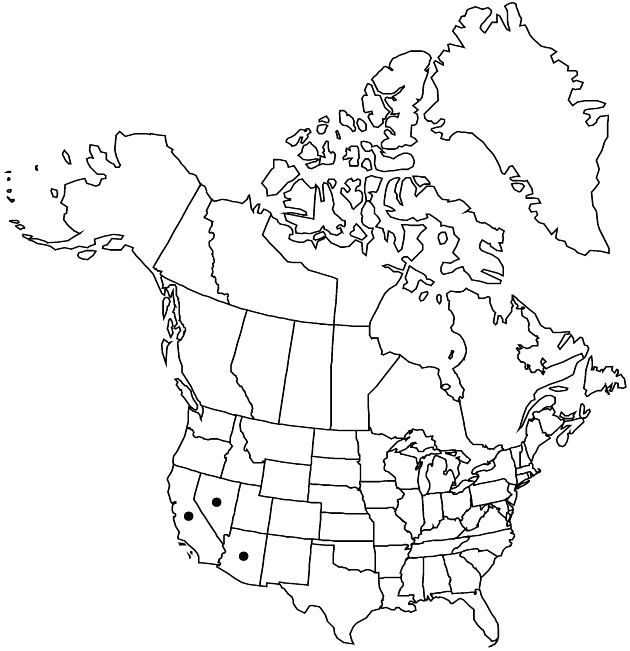Difference between revisions of "Brickellia incana"
Proc. Amer. Acad. Arts 7: 350. 1868.
FNA>Volume Importer |
imported>Volume Importer |
||
| (6 intermediate revisions by 2 users not shown) | |||
| Line 6: | Line 6: | ||
|place=7: 350. 1868 | |place=7: 350. 1868 | ||
|year=1868 | |year=1868 | ||
| + | }} | ||
| + | |special_status={{Treatment/ID/Special_status | ||
| + | |code=E | ||
| + | |label=Endemic | ||
}} | }} | ||
|basionyms= | |basionyms= | ||
| Line 31: | Line 35: | ||
-->{{#Taxon: | -->{{#Taxon: | ||
name=Brickellia incana | name=Brickellia incana | ||
| − | |||
|authority=A. Gray | |authority=A. Gray | ||
|rank=species | |rank=species | ||
| Line 45: | Line 48: | ||
|publication title=Proc. Amer. Acad. Arts | |publication title=Proc. Amer. Acad. Arts | ||
|publication year=1868 | |publication year=1868 | ||
| − | |special status= | + | |special status=Endemic |
| − | |source xml=https:// | + | |source xml=https://bitbucket.org/aafc-mbb/fna-data-curation/src/2e0870ddd59836b60bcf96646a41e87ea5a5943a/coarse_grained_fna_xml/V19-20-21/V21_1269.xml |
|tribe=Asteraceae tribe Eupatorieae | |tribe=Asteraceae tribe Eupatorieae | ||
|genus=Brickellia | |genus=Brickellia | ||
Latest revision as of 20:09, 5 November 2020
Shrubs, 40–130 cm. Stems branched from bases, densely white-tomentose. Leaves alternate; petioles 0–2 mm; blades 3-nerved from bases, ovate, 10–30 × 5–20 mm, bases obtuse to truncate, margins entire or serrulate, apices acute, faces densely white-tomentose, often gland-dotted. Heads borne singly. Peduncles 30–60 mm, canescent. Involucres campanulate, 15–20 mm. Phyllaries 38–44 in 6–8 series, greenish to purple, 6–9-striate, unequal, margins narrowly scarious-ciliate (faces white tomentose and gland-dotted, apices obtuse to acuminate); outer ovate, inner lanceolate. Florets 45–60; corollas pale yellow or cream, often purple-tinged, 8.5–14 mm. Cypselae 8.5–10 mm, sericeous, gland-dotted; pappi of 42–44 white, barbellate bristles. 2n = 18.
Phenology: Flowering May–Oct.
Habitat: Sandy and gravelly washes, flats
Elevation: 300–1600 m
Distribution

Ariz., Calif., Nev.
Discussion
Selected References
None.